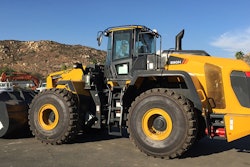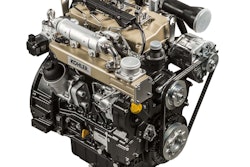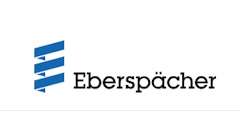NGVA Europe, representing leading companies and associations from Europe involved in natural gas and biomethane as a vehicle fuel, is launching a Well-to-Wheel (W-t-W) study to show how the greenhouse gas (GHG) intensity of natural gas compares with other fuels. The initiative is a direct contribution to the discussion on the review of the EU’s Fuel Quality Directive, legislation that also defines default values for the GHG intensity of natural gas and other fuels.
The Fuel Quality Directive applies to all petrol, diesel and biofuels used in road transport, as well as to gasoil used in non-road-mobile machinery. The Fuel Quality Directive requires a reduction of the greenhouse gas intensity of the fuels used in vehicles by 6% by 2020.
Secretary General of NGVA Europe, Matthias Maedge, explains the European gas vehicle industry would like to more strongly contribute to the discussion of comparative figures, as recently presented material revealed substantial knowledge gaps on gas as a vehicle fuel. The association plans to address this by providing updated data and views of the European gas and vehicle industry, helping to establish the most up-to-date lifecycle GHG information possible on natural gas used as a transportation fuel.
The report will be prepared in line with the ISO14040 standard and will be subject to third-party review. It is supported by a broad industry consortium of gas, infrastructure and vehicle companies across the whole gas value chain. NGVA Europe is taking the lead as project coordinator.
Maedge says this is the first time the industry has come together for such an important initiative and to contribute to an informed debate, the report is targeted for publication in March 2017.
NGVA Europe is an affiliated association of NGV Global.
















